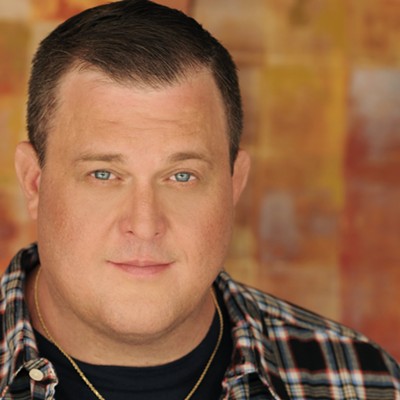Monday, December 7, 2009
David Hajdu on Billy Eckstine
Hajdu is an author, cultural critic and the music critic for The New Republic, and last week I spent some quality time with Heroes and Villains (Da Capo), his new book of essays.
He's a perceptive critic and highly enjoyable writer. The lead piece alone, on Pittsburgh-born jazz legend Eckstine, is nearly worth the price of admission: Even most Pittsburghers who know of Eckstine probably don't grasp the full import of his groundbreaking career.
The writer's thesis in "Billy Eckstine: The Man Who Was Too Hot" is that Eckstine was dangerously ahead of his time. Not so much musically -- though he was that, too -- but, in typically tragic American terms, racially, too.
The Billy Eckstine Orchestra, founded in 1944, featured the likes of Miles Davis, Dizzy Gillespie, Charlie Parker and Sarah Vaughn (who was the "second singer," after Eckstine himself). Hajdu says that the group "virtually invented a new style called bebop." But because its commercial prospects were limited, in the late '40s Eckstine embarked on a solo career that briefly made him a crooner whose popularity was on par with Sinatra's.
This was remarkable: In pre-rock 'n' roll, pre-Montgomery Bus Boycott America, black musicians were still largely relegated to "race records," 78s put out by small, black-owned record companies. Eckstine was smashing boundaries. His record company was movie studio MGM, which also signed him to a lucrative film deal.
But in the wake of hits like "Everything I Have is Yours" and "Tempation," it all blew up. Hajdu traces Eckstine's seemingly mysterious fadeout to a single photograph, one of several that composed the April 24, 1950, spread on Eckstine. The image showed Eckstine -- who was devastatingly handsome, and a fashion plate too -- surrounded by a bevy of young female admirers, one of whom was touching him, and all of whom were white.
From that point on, Hajdu contends, the well dried up. And Eckstine's film career -- he was just 36 years old at the time -- never got off the ground, either. That was primarily because he refused the demeaning servant roles and such that were the only screen work a black actor could get in those days -- especially if he was a sex symbol.
Though Eckstine did do some film work later in life (including one in Richard Pryor's Jo Jo Dancer, Your Life is Calling), he spent most of the rest of his career on the lounge circuit. Things didn't go well for him financially: Hajdu dramatically opens his essay with the 1986 raid on Eckstine's Las Vegas bungalow by federal tax agents.
In 1992, after a stroke, Eckstine moved back to Pittsburgh. The kid who'd grown up in Highland Park died here in 1993, aged 78.
In a book that also tackles the cultural glories, ironies and hypocrisies of pop from Mos Def to Alan Lomax, and from Sting, The White Stripes, Joni Mitchell and Woody Guthrie to Lennon, McCartney, Elmer Fudd and Marjane Satrapi, Hajdu's account of Billy Eckstine stands out. It's especially tragic, and essential reading for not only Pittsburghers but students of race in America.
Tags: Program Notes












